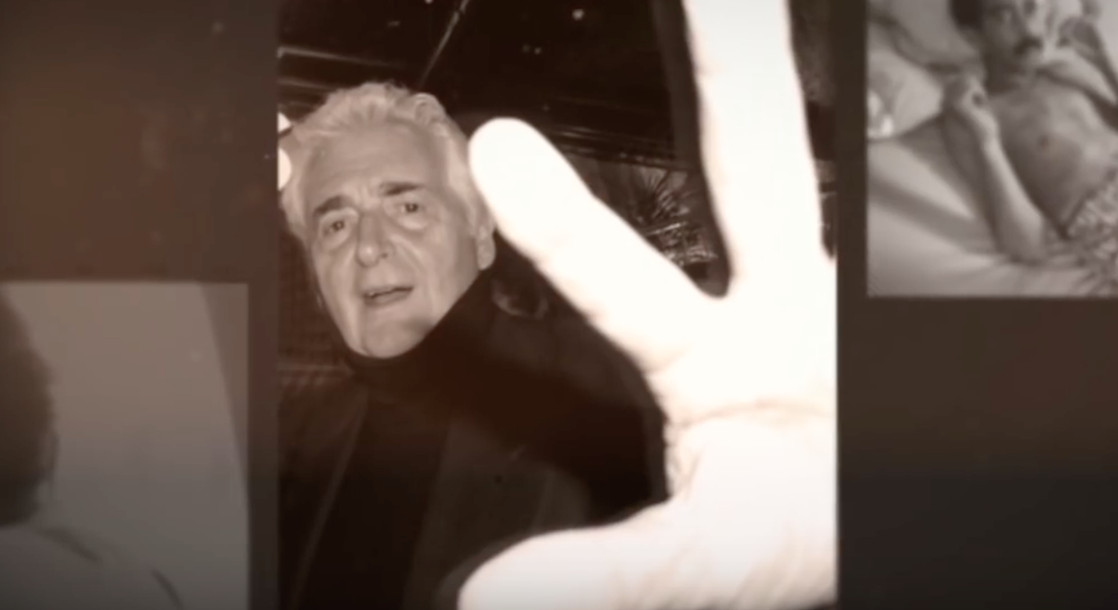In an effort to give drug offenders more opportunities inside the Thunderdome that is civil society, Governor Chris Christie has reportedly jumped behind a progressive legislative package that will allow some to have their criminal records expunged.
On Tuesday, Governor Chrsitie revealed a series of bills dealing with a number of issues that drug offenders must endure long after their punishment has been served. The primary goal of the expungement initiative, which was designed with the help of Senator Sandra Cunningham, is to prevent employers from discriminating against applicants convicted of drug-related crimes, as well as to expedite the expungement process.
The bills will prevent “a childhood or adolescent mistake from ruining someone’s future, while still ensuring there are appropriate consequences for unlawful behavior and lessons are learned. These reforms represent a second chance at life for our family members, friends, neighbors and coworkers, and they provide the same opportunities we would desperately want for ourselves,” Christie said in a statement.
When a person with a criminal record has his or her record expunged, it is almost as though the offense never happened. It is way to ensure that small time offenders do not suffer the long-term repercussions that can result from a criminal conviction. For example, even a misdemeanor charge for marijuana possession can makes it difficult for someone to secure gainful employment, qualify for educational programs, and can even create hardships when it comes to finding a place to live.
Under the current law, drug offenders are required to wait up to 10 years to petition for expungement. However, with the latest reform, eligibility would be reduced to six years. In addition, offenders would be allowed to have up to four convictions expunged instead of three, including the “possession of marijuana with the intent to sell up to an ounce.”
“A minor criminal offense should not lead to a lifetime of punishment,” said Senator Cunningham. “These bills are about removing barriers for residents and helping them to overcome the obstacles that exist to finding employment, taking care of their families and setting their lives on the right path.”
The State Legislature must first approve the bill package before it is signed into law by Governor Christie.











